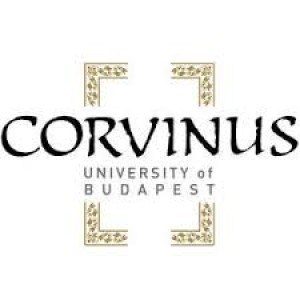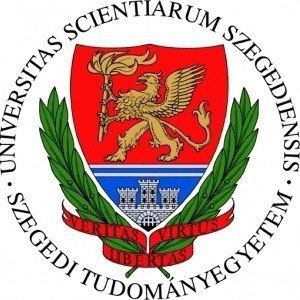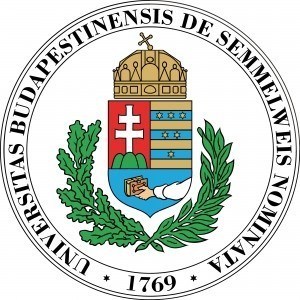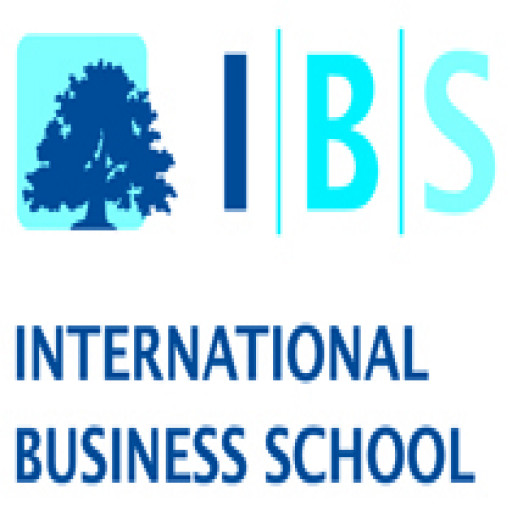Photos of university / #unicorvinus
Public Policy and Management at Corvinus University of Budapest is a comprehensive and multidisciplinary program designed to equip students with the core skills and knowledge necessary for effective governance, policy analysis, and public administration. The program aims to prepare future leaders who can analyze complex social issues, develop innovative solutions, and implement policies that positively impact society. It combines theoretical foundations in political science, economics, management, and law with practical skills in policy design, data analysis, and strategic decision-making. Students will learn to evaluate public policies through rigorous research methods, understand the institutional framework of governments and organizations, and develop competencies in leadership and communication. The curriculum includes courses on public finance, administrative law, ethics, and international policy, ensuring a well-rounded education tailored to the demands of contemporary public sector challenges. The program emphasizes applied learning through case studies, internships, and project work, allowing students to gain real-world experience and build professional networks. Graduates will be prepared for careers in public administration, governmental organizations, international agencies, NGOs, and private sector entities involved in policy advisory and public affairs. The program's faculty consists of renowned experts in political science, economics, public policy, and management, providing students with mentorship and insights into current policy debates. The multicultural environment at Corvinus University fosters an international perspective, encouraging students to understand policy issues from diverse cultural and geopolitical contexts. Graduates of the Public Policy and Management program are equipped to contribute to effective policymaking, improve public sector performance, and address pressing societal challenges. The program is committed to developing critical thinking, ethical standards, and a commitment to public service, preparing students to be proactive agents of change in their communities and beyond.
Introduction in Computational Economics
This course presents a variety of computational methods used to solve economic and financial problems. It emphasizes practical numerical methods and focuses on techniques that apply directly to economic analysis. This course also contains an introduction to MATLAB (using MATLAB, you can analyze data, develop algorithms, and create models and applications) and LaTeX (a high-quality typesetting system, the de facto standard for the communication and publication of scientific documents).
Economic Policy
After a short introduction (what economic policy is and who the main actors are) we start with the most important general questions of economic policy: what activities should be performed by the state, what kinds of problems arise in a market economy as a result of government intervention or of the lack of it? We continue with the international institutions and other international aspects (e.g. foreign capital) that constrain the national economic policy. From the 5th week we turn to specific fields of economic policy, we concentrate on the most important aspects of fiscal monetary and welfare policy, but cover other issues as well.
Econometrics I
The goal of this course is to provide students with the knowledge and tools to conduct their own empirical research in economics, to evaluate government and business policies, to perform forecasting, and to critically read statistical analyses by researchers and in the media.
Students will learn to use the computer as a tool for regression analysis, but more importantly we will focus on the proper interpretation of the underlying statistical models so that students understand when particular methods are likely to capture causal effects.
World Economics
The course is a very introductory one for those students specialized in economics or other social sciences, and who haven’t got any experience with models and theories about international economic relations. The course therefore deals with wide issues of international economics, international political economy and other subfields of economics on a very introductory level. It covers the basic mainstream models of international trade and trade policies, international finance, but also the historical development of the world economy and questions about international cooperation. Beside models the course also introduces the organizational structure of the world economy.
Graduation from the BA in Applied Economics Program requires the following:
1. Students must have completed all the compulsory, thesis and elective course requirements.
2. Students must have achieved a minimum of 180 ECTS credits.
3. Students must have achieved a credit-weighted cumulative grade point average (GPA) of 3.0 (on a grading scale of 1 to 5, where ‘1’ is the worst and ‘5’ is the best possible mark) in the mandatory courses.
4. Students must have submitted and successfully defended a Thesis Work.
5. Students must have fulfilled all the administrative and financial requirements towards the University.
The Public Policy and Management master's program at Corvinus University of Budapest offers various financing options to support students throughout their studies. Tuition fees for international students are set annually and are competitive within the region, reflecting the high quality of education provided. Students are encouraged to explore different funding opportunities such as scholarships, government grants, and financial aid programs available through the university. The university provides several merit-based scholarships aimed at academically excellent students, which can significantly reduce the financial burden. Additionally, students can apply for government-sponsored scholarships from their home countries or the Hungarian government, which often require an application process and adhere to specific eligibility criteria.
Part-time work opportunities are available for students, allowing them to support themselves financially while pursuing their degree. The university's career services assist students in finding internships and part-time positions related to public policy and management, offering practical experience alongside financial support. Moreover, some students may qualify for student loans either through Hungarian financial institutions or international lending organizations, depending on their nationality and residency status. These loans typically have favorable interest rates and repayment terms designed to accommodate students’ post-graduation plans.
International students should consider additional funding sources such as private scholarships, exchange programs, and sponsorship opportunities provided by their home universities or government agencies. The university's international student office provides detailed guidance on the application process for various funding options and offers support to help students identify suitable financial resources. Overall, the financing of the Public Policy and Management program is flexible, with multiple avenues for students to reduce expenses and secure financial support, enabling them to focus on their academic and professional development in the field of public policy.
Public Policy and Management at Corvinus University of Budapest is a comprehensive programme designed to equip students with the skills and knowledge necessary to understand, analyse, and shape public policies and manage public sector organizations effectively. The programme covers a wide range of topics, including political science, economics, law, and administration, providing students with a multidisciplinary perspective on the functioning of public institutions and policy-making processes. Students learn about the development, implementation, and evaluation of public policies, gaining insights into current challenges faced by governments and organizations worldwide. The curriculum emphasizes analytical skills, critical thinking, and practical applications, preparing graduates for careers in government agencies, international organizations, NGOs, and private sector companies engaged in public affairs. The programme often includes internships, project work, and seminars with practitioners, allowing students to gain practical experience and establish professional networks. Corvinus University’s strong links with European institutions and its focus on regional policy issues provide a unique context for studies. The programme aims to promote ethical governance, social responsibility, and sustainable development principles, ensuring that graduates are prepared to contribute positively to society. Graduates of Public Policy and Management often pursue careers in policy analysis, public administration, consultancy, or further academic research. The university's diverse faculty, comprising experts from various fields, enhances the educational experience by offering a broad and in-depth understanding of public sector dynamics. The programme’s entry requirements typically include a relevant undergraduate degree, language proficiency tests such as IELTS or TOEFL, and motivation for working within the public sector. Overall, it is a suitable choice for students interested in understanding the complexities of government operations and making a tangible impact through effective policy management.




